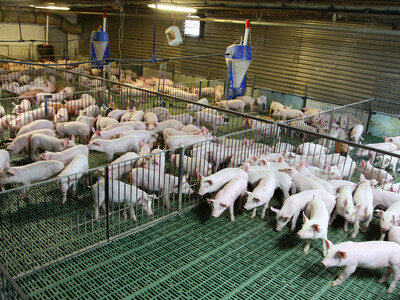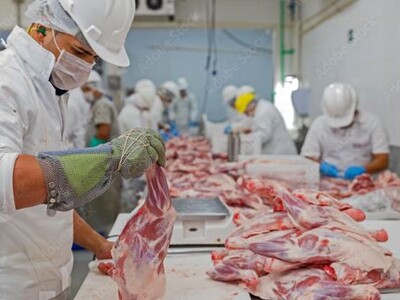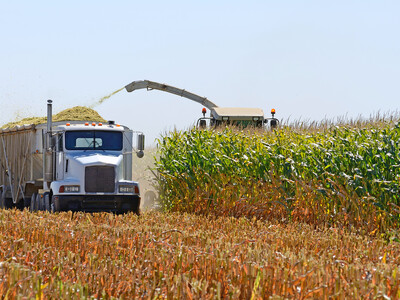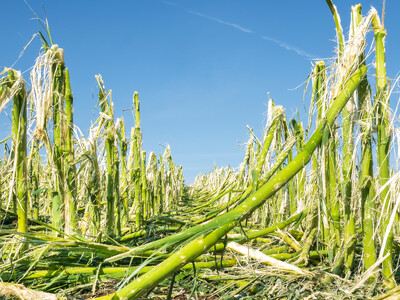Dealing with Alfalfa
Dealing with Alfalfa. I’m Greg Martin with today’s Line On Agriculture.
Alfalfa. No, not the funny looking kid from the Our Gang show but the one grown in fields. I have spent a lot of time in my youth cutting, raking, baling and tossing it. It’s a member of the pea family which makes it a legume and is a prime feed for livestock. Like other legumes its root nodules contain bacteria with the ability to fix nitrogen, producing a high-protein feed regardless of available nitrogen in the soil. Len Welch, Technical Specialist with Valent
WELCH: Spring is here and it’s an exciting time for alfalfa growers. They’ve gone through a period of really good prices and during this period it’s become increasingly important that people selling dairy quality alfalfa and that’s where the premium prices are, that it be weed free and high quality.
Welch says that high quality and TDN or total digestion of nutrient content is due to weed content.
WELCH: It’s got to be weed free and so there is a lot of interest in Chateau. This is the first new herbicide for alfalfa in a number of years. It appears to have good flexibility in terms of timing. We’re looking at it in the fall applied after that last irrigation, incorporated with your irrigation.
Taking care of it in the fall assures your first cuttings to be extremely high quality alfalfa.
WELCH: Chateau seems to have a very good fit at this time for the major winter annual weeds. We like to see the Chateau go on at that time and incorporated and activated and that prevents any new weeds that are germinating from emerging and it prevents the emergence of winter annuals throughout the winter period and into spring.
Welch says that Chateau can be applied by ground or air and then watered in. Chateau controls over 60 tough weeds in alfalfa including groundsel, pigweeds, lambsquarters and annual grasses. It won’t leach or volatilize. It is also good for mint, wheat and potatoes. For more information, see your dealer.
That’s today’s Line On Agriculture. I’m Greg Martin on the Northwest Ag Information Network.

















